
Composite image by Michael Campina from Shutterstock illustrations by createvil and

Audio By Carbonatix
The close of the past year brought the usual flurry of lists, rundowns, roundups, and sundry aggregations of Things That Happened, made all the more, um, flurrysome by the fact that today marks the end of the second decade of the third millennium.
As Highly Trained Journalism Makers, we at New Times are skilled at crafting such documents, and you can find many tip-top examples around our website.
But we’re a forward-looking bunch.
So we thought we’d reach out to a bunch of locals we love and, in the spirit of renewal, ask them to share a wish for Miamians in the new year. Specifically, we asked them the following question:
“If you could change or improve one thing in Miami in 2020, what would it be, and how would you accomplish it?
“No idea is too sweeping or too niggling in concept or geographic specificity,” we clarified. “And don’t allow money, bureaucracy, or other potential obstacles to stifle your best ideas.”
Read on to see what they offered, in their own words.
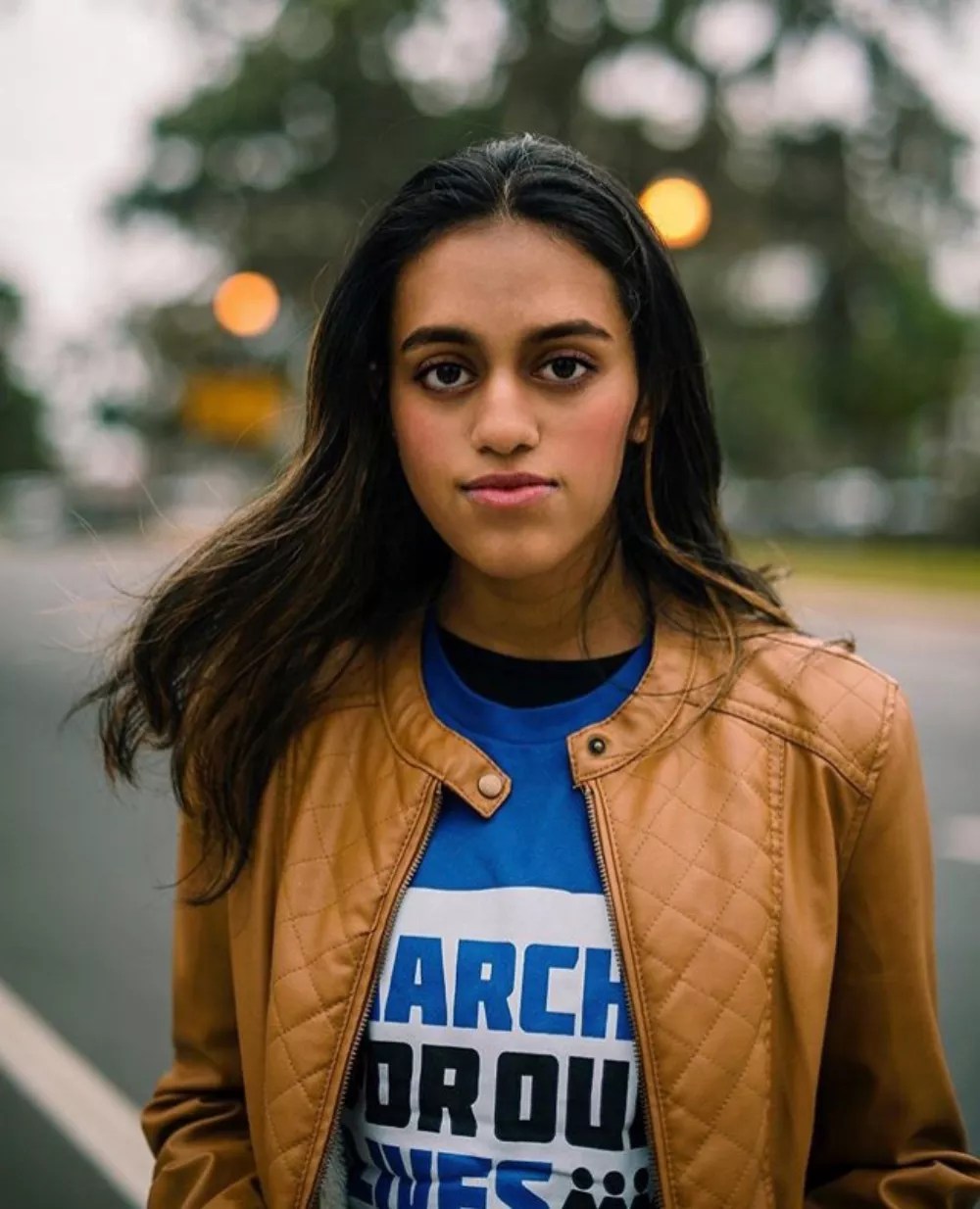
Gowri Abhinanda
Photo by Emilee McGovern / March for Our Lives
Gowri Abhinanda
March for Our Lives Florida
We need to see more young people actively engaged in activism and the political process. I’m not old enough to vote in the upcoming election, but that doesn’t mean my voice doesn’t count. We are facing the most important election of our generation in 2020, and we need record numbers of young Americans to take a stand with us and use their power at the polls to incite change. The issues on our ballot will be a matter of life and death for those in my school and community who identify as LGBTQ+, for my friends who don’t have access to mental-health resources and healthcare, for everyone affected by climate change and its disasters, for students who want to go to school without fear of another school shooting – for everyone facing injustice. I got involved because of young people in student-led movements fighting for a future where every young person has a voice. From the school board to the U.S. Congress, change starts with us standing up and making sure every decision that our representatives make is the best for all of us.

Hansel Tookes
Assistant professor, University of Miami Miller School of Medicine; principal investigator, UM Harm Reduction Research Group
In 2020, I’d like to see Miami finally control its HIV epidemic, following cities like New York that have already met their 90-90-90 goals [by 2020, 90 percent of all people living with HIV will know their HIV status, receive sustained antiretroviral therapy, and have viral suppression]. This goal will go well beyond diagnosing people living with HIV and getting them into care. It will include easy access to drug treatment and mental healthcare, along with affordable housing. We are so far behind in Miami, but we can control the HIV epidemic in our city if it is prioritized by our leaders.
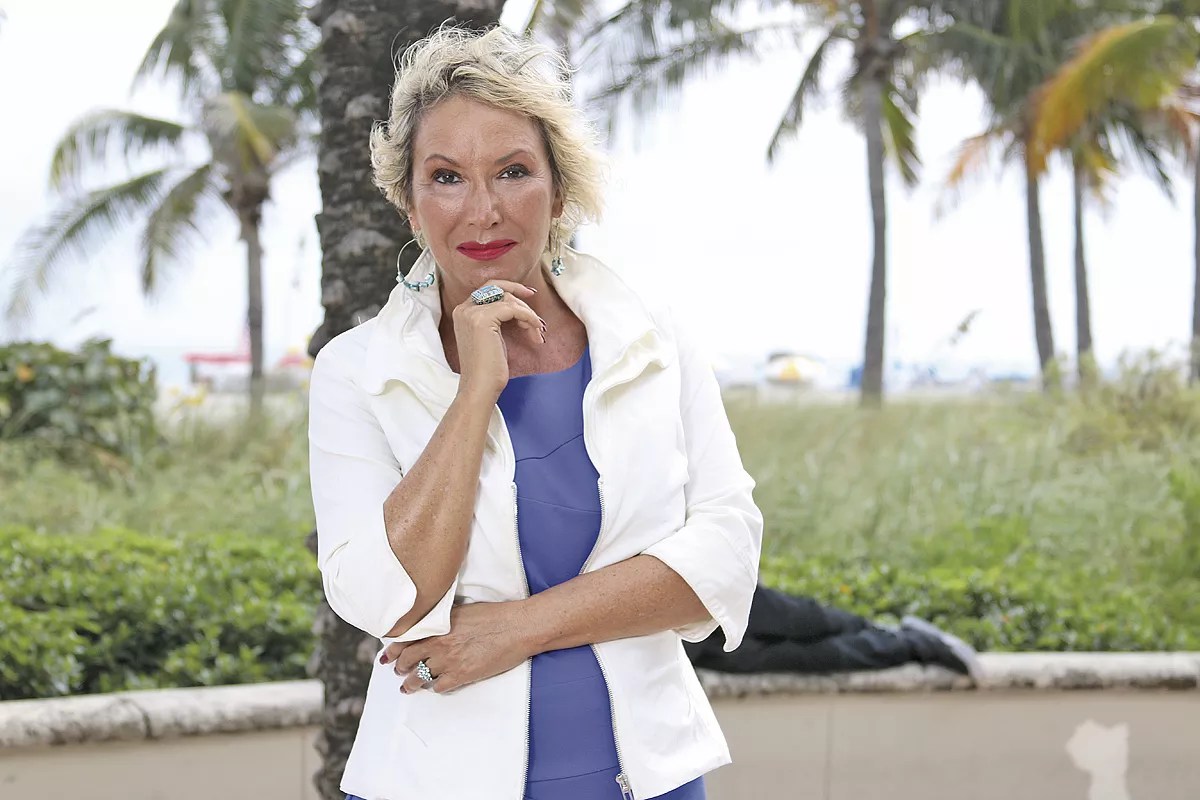
Photo by Michael Campina
Valerie Navarrete
Realtor; advocate for the homeless
Create a program to build enough housing in the Miami-Dade area for all homeless individuals and families. Those buildings would also offer services for all their needs: meals, clothing, mental-health treatment and therapy, rehab, job training, etc. Those buildings would also be pet-friendly. Once they are back on their feet and able to afford rent, people would get assistance in finding affordable housing. The program would also help with partial rent if needed. We would build affordable housing in all areas of Miami-Dade to avoid having more people become homeless. Individuals would be able to live closer to where they work, therefore giving them a better quality of life while alleviating traffic. Where to get the money to pay for this program? Simple: Implement a construction/development fee of 10 percent of total sales price. With all current and future developments in the area, we would have more than enough to pay for new housing. This also would facilitate more jobs. Win-win!
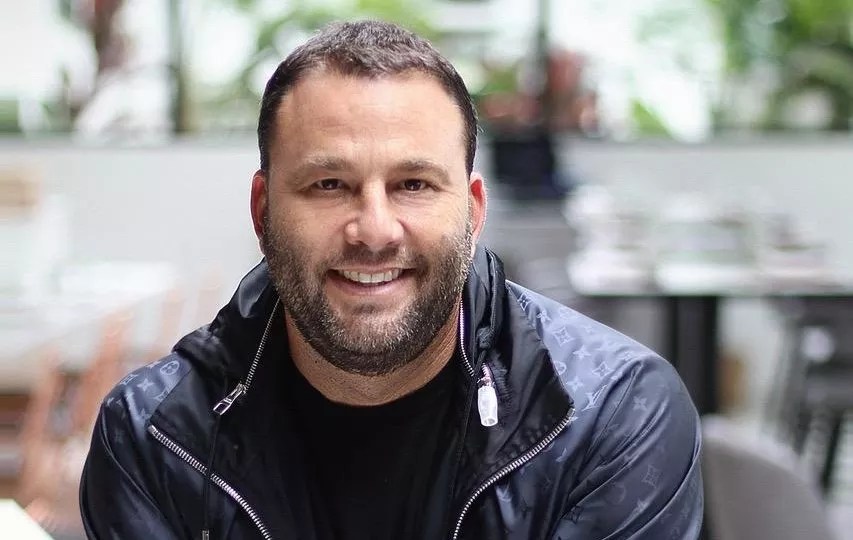
David Grutman
Photo by Kristin Bj
David Grutman
Restaurateur, nightclub owner, entrepreneur
I want to work with my team at Groot Hospitality and pull volunteers from across Miami’s hospitality community to create a restaurant for those in need. As Miami grows as a city, we can’t forget about those who are less fortunate. We live in a city filled with luxury, yet a vast part of our population struggles to find housing, jobs, or even a decent meal. As a city driven by hospitality, we have a unique opportunity to help people less fortunate. Miami thrives on feeding people, so why not band together to feed every one of our citizens? Everyone deserves a freshly cooked meal, and I’m excited to help the Miami community by serving the underprivileged. It’s all a part of loving our city and the people who call it home.

Allapattah resident and the owner of Esquina de Abuela Fabian Martinez.
Photo by Michael Campina
Fabian Martinez
Proprietor, Esquina de Abuela, hostel and venue
I would change the global perception of the city. I would steer away from only focusing on South Beach and other tourist locations Miami is so well-known for and place emphasis on exploring some of the more authentic neighborhoods. Bringing attention to other neighborhoods through tourism can better the lives of local communities while altering the perception that Miami is only a party city. I don’t envision a Disney World-like experience – there would have to be some form of training for locals to learn how to manage the level of tourism. I see the expansion of our tourism as a means to enrich those forgotten neighborhoods and the lives of those who appreciate this kind of real-life cultural experience. We are all blessed to live in such a culturally diverse place. We should share all of the amazing and rich flavors our city offers, as well as how unique we are. That way, we will grow together as Miamians, respecting each other’s cultures in the amazing melting pot we call home.

Sagine Taluy
Photo courtesy of Sagine Taluy
Sagine Taluy
Community organizer, Family Action Network Movement
We need to consider methods to generate greater equity by birthing avenues to empower our youth. When we think about what needs to change in Miami – affordable housing, job placement and creation, higher salaries – we can’t even begin to discuss these ideas unless we somehow ensure that the younger ones will be beneficiaries of these improvements. All across the globe, we see young people standing up against the status quo in societies that no longer find value in ensuring benefit to their constituents. I believe Miami could benefit from more young voices speaking out for the changes they would like to see. By ensuring younger generations have a seat at the table, I believe we will see society as a whole move in a more progressive and inclusive direction.
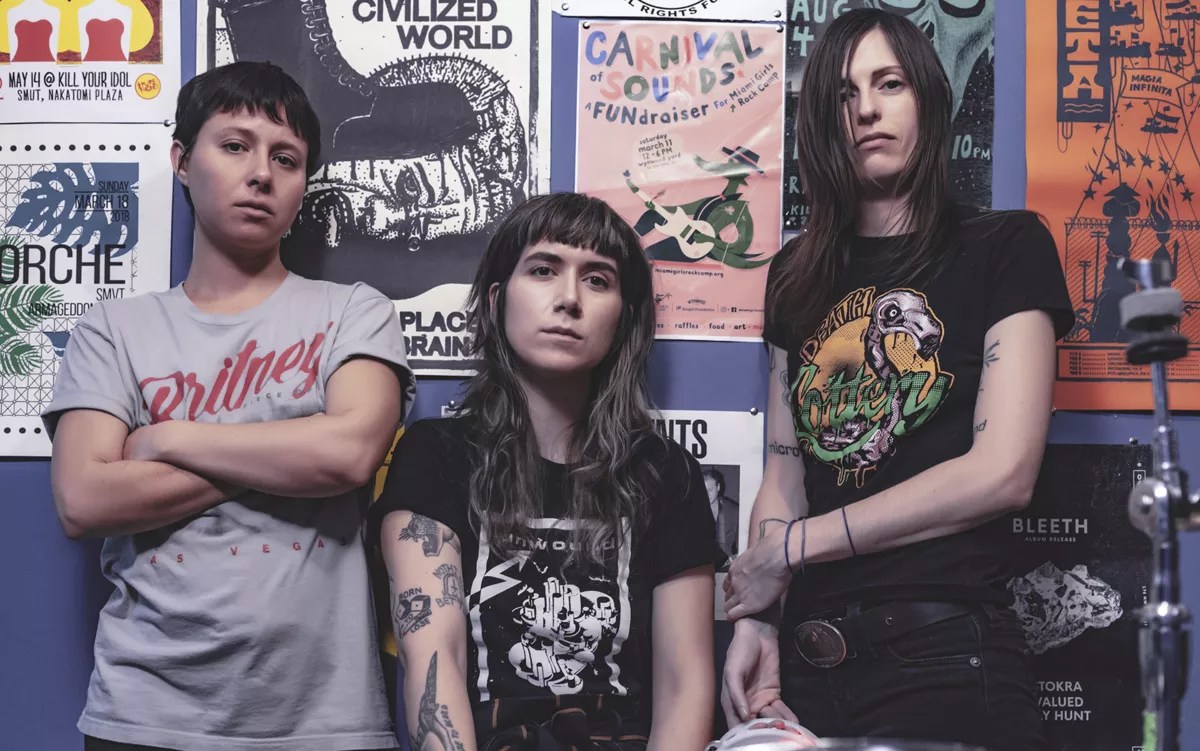
Las Nubes
Photo by Ronny Roman
Ale Campos and Emile Milgrim
Bandmates, Las Nubes
Create more all-ages safe spaces for music, and encourage folks to better support those that already exist (e.g., Sweat Records, Space Mountain, 777). Without adequate accessibility to younger musicians, growth and change within a local music scene is slow and frustrating. In a city as big as Miami, there should be more options for younger bands and artists to develop in environments that aren’t fueled socially and financially by drinking and partying. (And, no, house shows aren’t gonna cut it.) We feel a responsibility to help facilitate opportunities for youth and do our best to organize, participate in, and spread the word about as many all-ages shows as possible. We won’t stop encouraging our peers to do so as well.
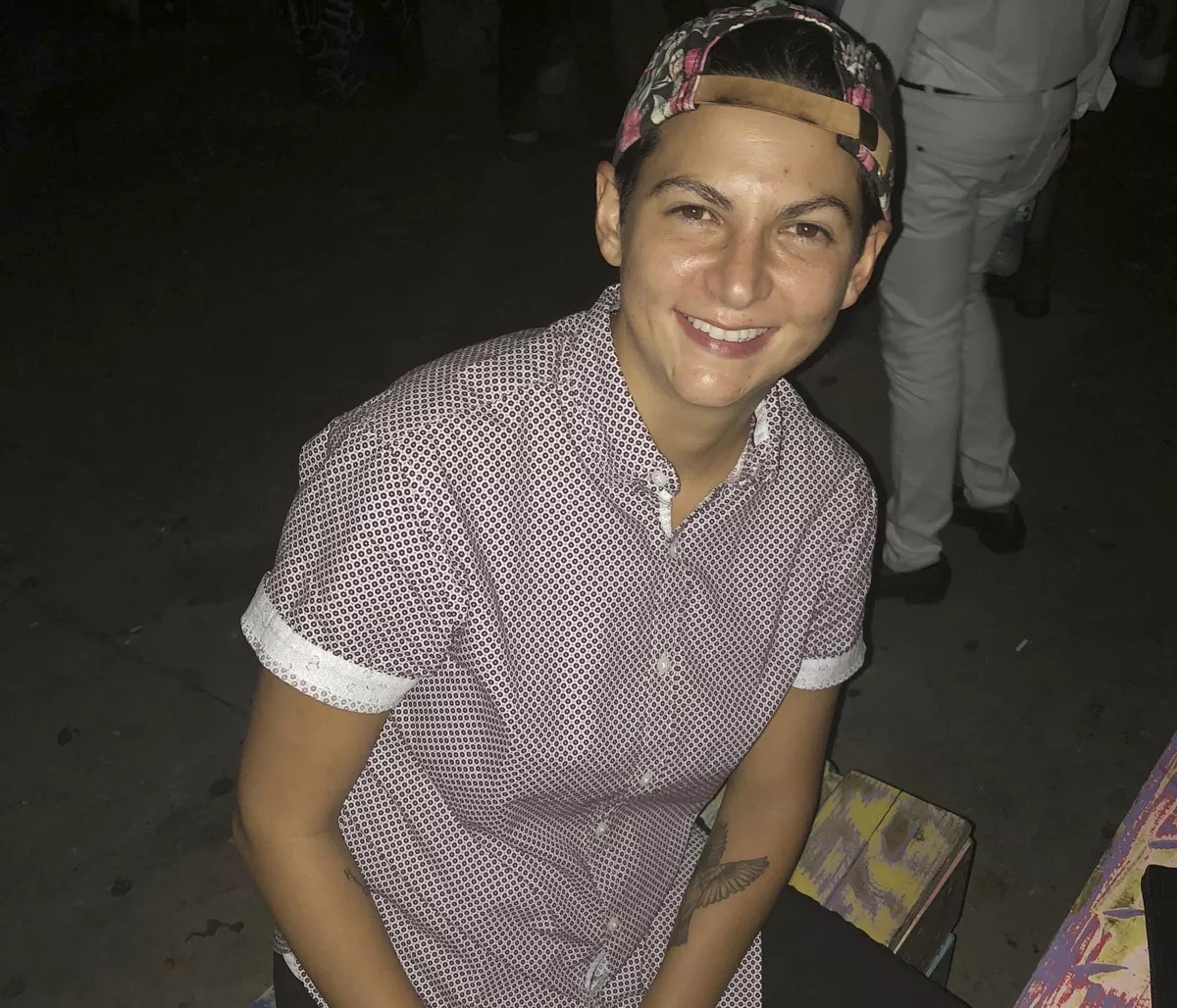
Mich Gonzalez
Photo courtesy of Mich Gonzalez
Mich Gonzalez
Attorney, Southern Poverty Law Center
Decarcerate Miami’s prisons, including our ICE jails and children’s facilities. Divert all nonviolent folks to social services and move those few who remain to actual rehabilitation programs that operate through a restorative- and transformative-justice lens. Then convert the vacated prisons, etc., to community arenas that host locally sourced healthy food, local talent, and local small businesses. Former employees of the carceral facilities with no history of abuse get first priority in applying for the new jobs. Equip every site with gender-neutral bathrooms and free clean drinking water. Each transformed facility will be dedicated to a locally beloved hero – Toussaint L’Ouverture, Celia Cruz, Alejandra Agredo, to name a few. They’ll be self-sustaining, and any additional revenue will be donated to a local organization dedicated to expanding public transit, fighting gentrification, defending those facing deportation, or ensuring equal access to quality public education for all children.
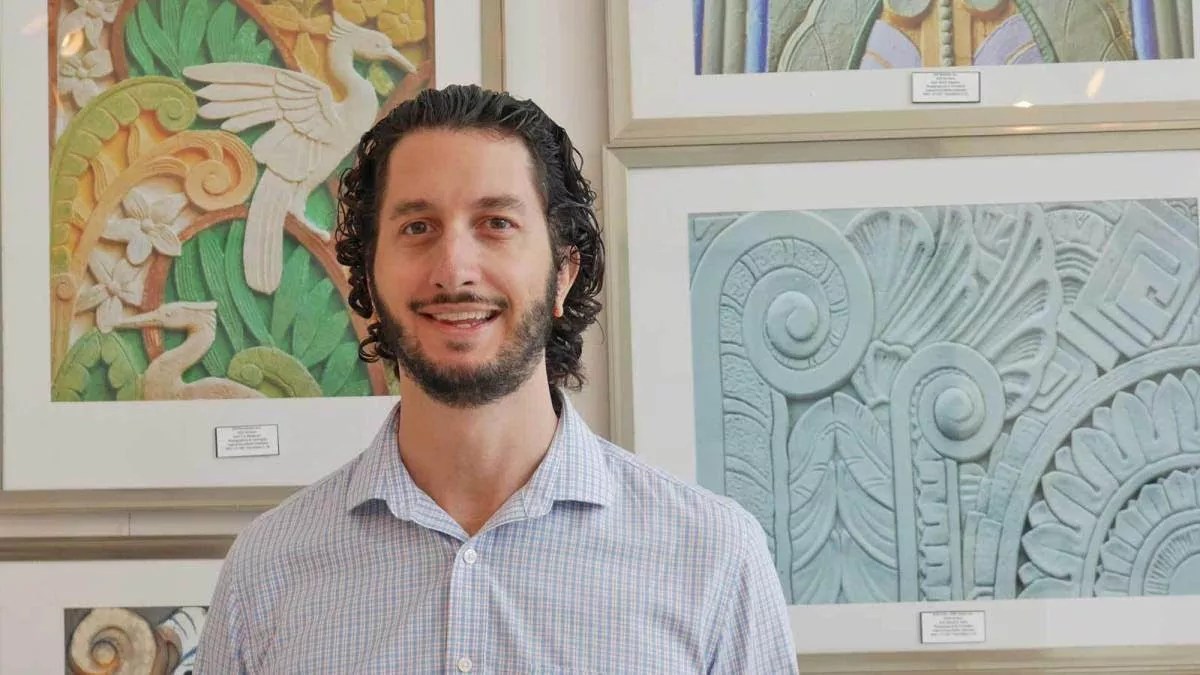
Daniel Ciraldo
Photo by Keri Jones / Great Destinations Radio Show
Daniel Ciraldo
Executive director, Miami Design Preservation League
With climate change at the top of our minds, local governments increasingly focus on sea-level rise. Sea levels are rising slowly but surely, but we often miss the more immediate threats to our communities brought about by climate change. During a recent hurricane, New Times reported on rental tenants whose landlords had left them to their own devices and who had no hurricane plans in place to protect their homes. If I could change or improve one thing in Miami, local governments would work together with nongovernmental organizations to develop community-based hurricane preparedness plans. These would ensure that everyone had a plan in place – particularly renters, seniors, and those with disabilities or without families. That would go a long way toward ensuring our annual resilience as we plan for the more long-term impacts of sea-level rise. In our growing coastal region, we need to make sure that all are aware of the annual risks and are empowered to plan how they can mitigate these risks.
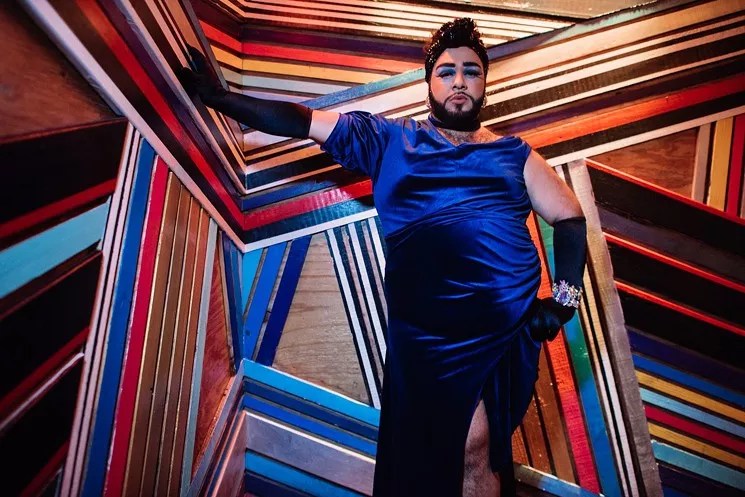
Karla Croqueta
Photo by Karli Evans
Karla Croqueta
Drag queen
I’d like to see better traffic-flow patterns and laws. I know a lot of minor traffic-causing accidents can be avoided if at certain hours, certain intersections are patrolled by an on-duty police officer. One example is the infamous intersection of Biscayne Boulevard and NE 36th Street. It’s notorious for many reasons but most recently for 2018’s viral hammer-to-the-windshield incident – all because of traffic!
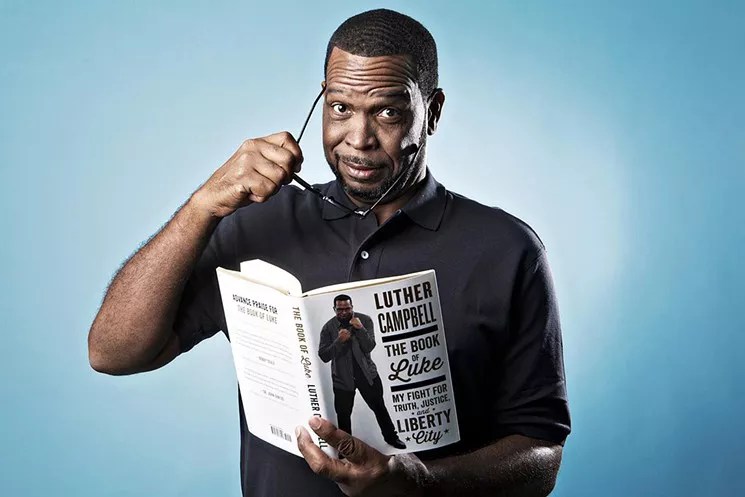
Uncle Luke
Photo by Stian Roenning
Luther Campbell
Rap icon; columnist, Miami New Times
I would get rid of all tolls on expressways. The tolls are killing the community. We are already living in a city where the average income is less than $30,000 a year. Monthly SunPass bills are like paying a freaking mortgage. The tolls are part of a grand plan to keep poor people poor. Unfortunately, the only way I could get rid of the tolls immediately is to run for mayor and win. But it’s much easier for a black man to become president of the United States before he can become mayor of Miami, because Hispanics would never elect an African-American to lead the city.

Joel Franco
Photo courtesy of Joel Franco
Joel Franco
Producer, WSVN 7 News
I would change Miami’s public transportation system, specifically the rail system. Expanding Metrorail into other parts of Miami-Dade would benefit more people. I think this would lead to an increase in people ditching their cars and relying on the train to get to and from work (like they do in the north), further alleviating congestion on the roads. Every time I travel to New York City, I like to take notes on what they’re doing right with their subway system. Of course, such a system wouldn’t work here, but an above-ground rail would. I’d also make more dedicated lanes for public buses to easily get around traffic. They deserve priority.
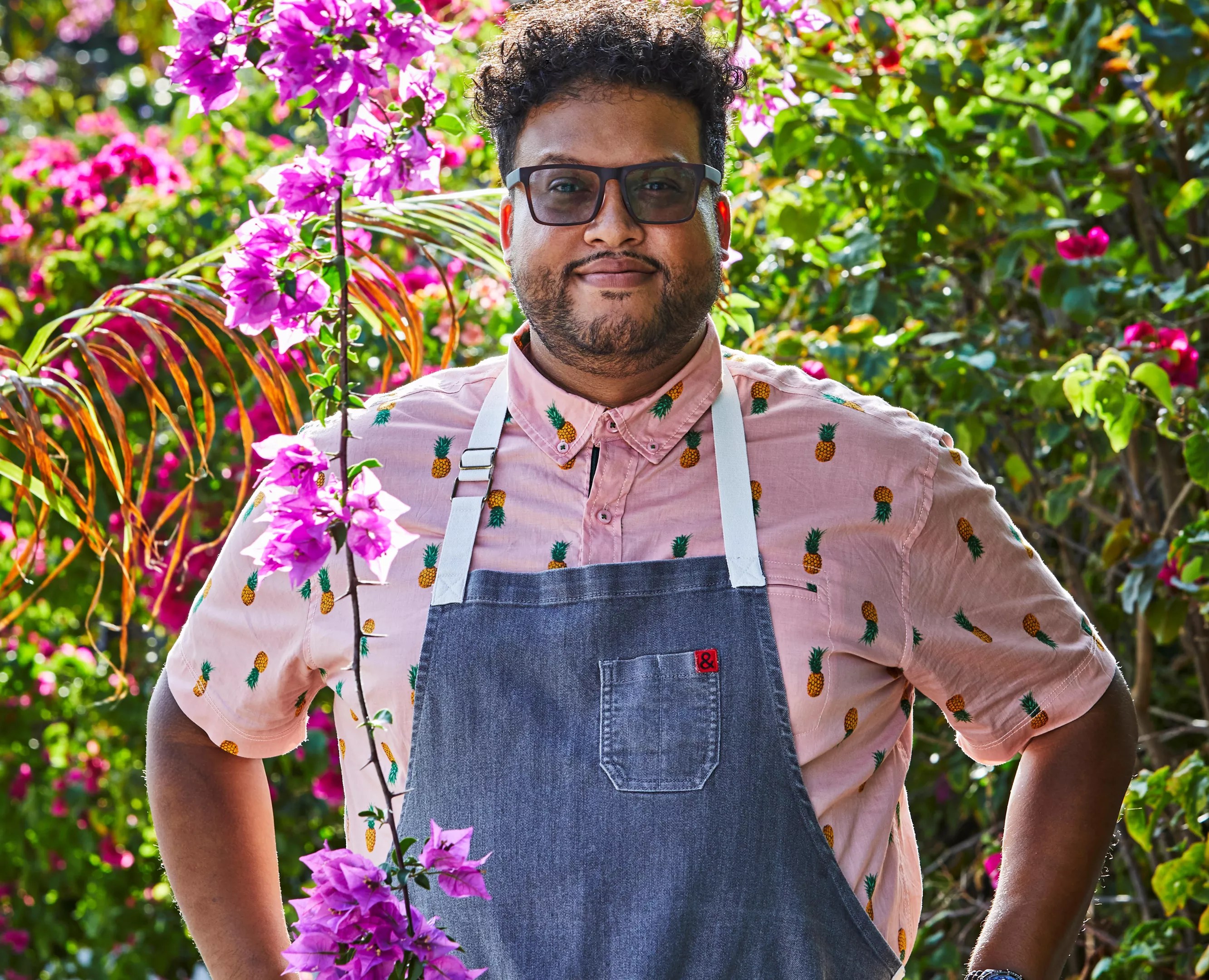
Timon Balloo
Photo by Michael Pissari
Timon Balloo
Chef/owner, Balloo Restaurant; chef/partner, Sugarcane Raw Bar Grill
Everything in Miami is growing except public transportation. Our expanding city requires a better way to move people around day-to-day. I’m not a civil engineer or city planner, but there are solutions we can implement now. Richard Branson and Brightline are connecting South Florida’s counties, but there are only three stops. I wish the Brightline offered discount codes on rideshare services like Uber to passengers who want to use the trains. I’d like to see more I-95 Express buses like those that connect Miami-Dade to Broward. A Kendall-to-Brickell route would be a great idea. Private jitneys run north and south on NE Second Avenue; I’d like to see tourist-friendly public buses along that route. And there should be incentives – why not offer these alternative transportation solutions for free for six months? Obviously, there’s a cost involved, but we have to make this a part of a daily routine for consumers. All major cities have congestion issues, but many of them have affordable and accessible public transportation. Solving this issue has a big impact on everything from carbon emissions to helping people access better jobs. It’s good for the city, it’s good for the environment, and it’s good for humanity.

Maria Galindo
Photo by 32BJ SEIU
Maria Galindo
Janitor; activist, Justice for Janitors
In my country, Honduras, I studied fashion, but here I had to earn a living mostly as a janitor. I don’t regret it, because I believe all work has dignity. You do what you need to do so that your children can have a good life. I have two sons who live with me (one has special needs) and another family in Nicaragua that I help as best I can. I used to clean the offices at the Miami Tower. Their cleaning contractor, SFM Services, paid me $9 an hour to clean dozens of offices. We didn’t have time to go to the bathroom or eat. But I was proud of the work I did. I was fired in December after protesting poverty wages and fighting for a union. This new year is frightening because I’m still not working. I used to have a union when I was a janitor at the University of Miami. I had to quit to take care of my son. But I remember feeling safe that they couldn’t fire me for whatever reason. My wish is to have that security again, and for everyone to have a union where they feel respected and valued.
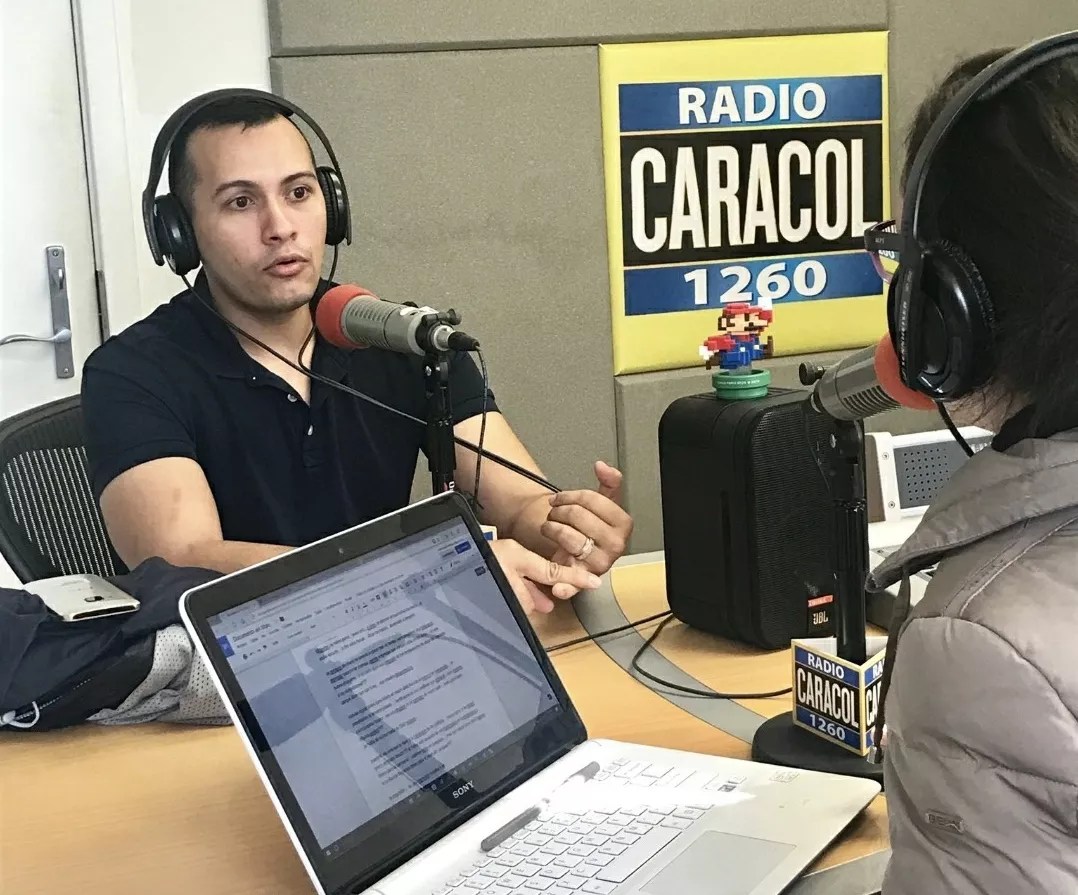
Danny Suarez
Photo courtesy of Danny Suarez
Danny Suarez
Police accountability advocate; former member, City of Miami Civilian Investigative Panel
I resigned from office three years ago, and I still piss off the Fraternal Order of Police, Miami-Dade State Attorney Katherine Fernandez Rundle, Miami Mayor Francis Suarez, and the pesky anti-people Miami City Attorney’s Office (hi, Barnaby and Victoria, you unethical pricks), but everything I did is to curtail corruption in policing. This year, the people can change it all by not voting for Rundle. She is the one who could have held all of these shady characters accountable. To whoever is the new state attorney in 2020: Clean out that whole office. I hope the new state attorney has no mercy and throws a cockroach fogger in that office and gets rid of all of them. Call me if I can help; I’ll stop at the Dollar Tree and buy a pack of Raid.
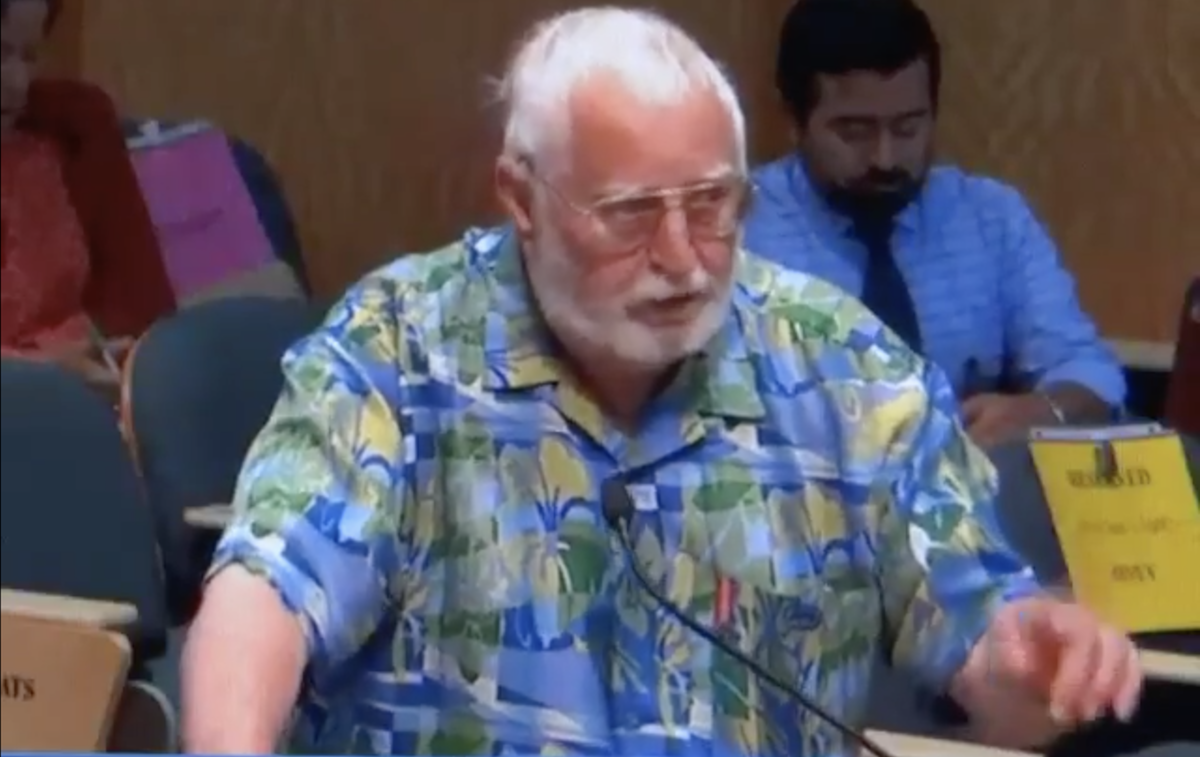
Al Crespo
via YouTube
Al Crespo
Rogue journalist; political gadfly
I want Katherine Fernandez Rundle voted out of office. I want Miami City Manager Emilio “Colonel Klink” Gonzalez forced to resign or fired. I want Miami Commissioner Joe “Comemierda” Carollo frog-marched out of city hall in handcuffs and removed from office. I want Miami Mayor Francis Suarez to explain where he got the $309,000 down payment for his $1.45 million house in Coconut Grove. And for everyone else, I want happiness and joy.
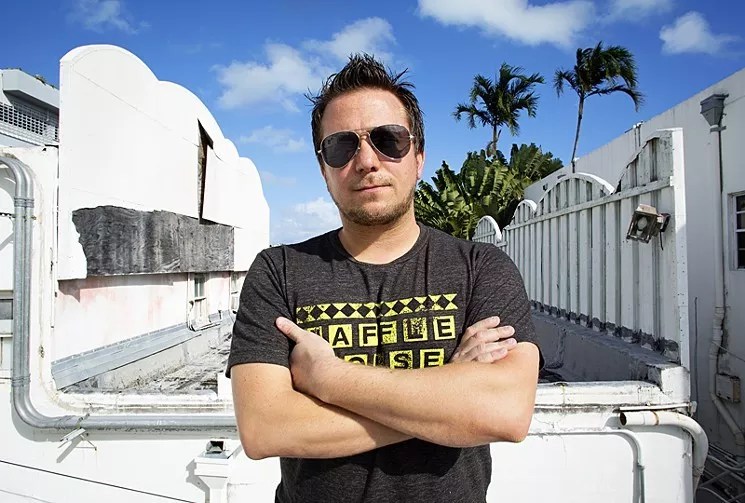
Cocaine Cowboys director Billy Corben.
Courtesy of Billy Corben
Billy Corben
Filmmaker; stick-in-the-mud
Miami is paralyzed by corruption, dysfunction, and nonstop construction. In 2020 and beyond, I’d like to see good people run for office – people who don’t have the same last names that have plagued our community for generations.
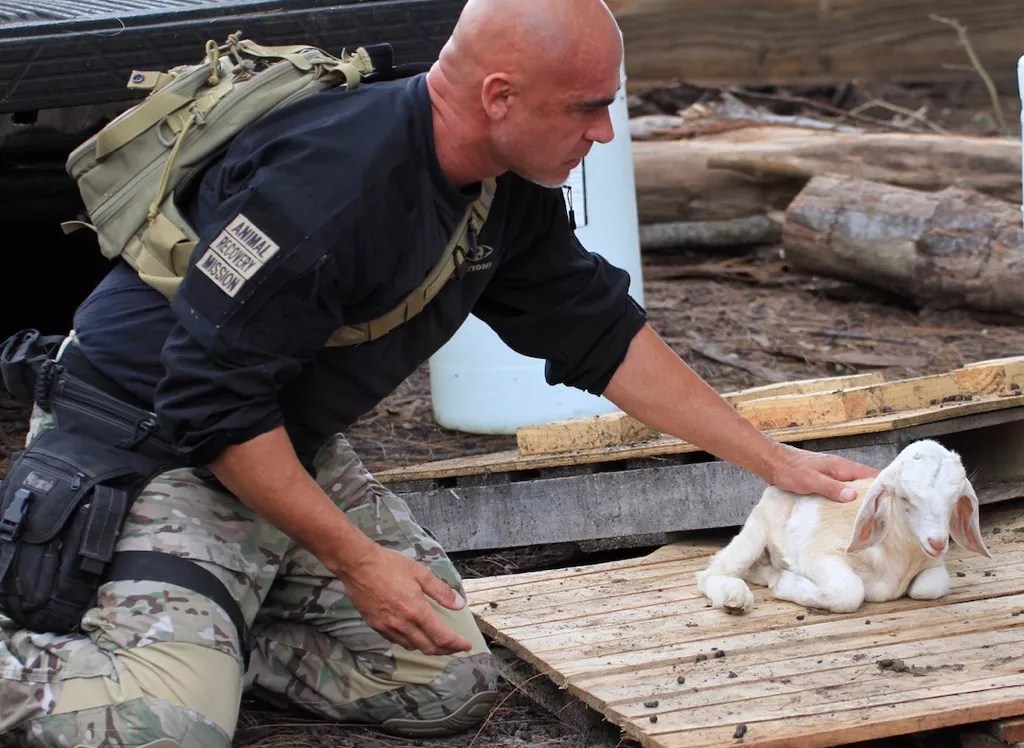
Richard Couto
Photo courtesy of ARM
Richard Couto
Founder, Animal Recovery Mission
I wish the State Attorney’s Office and the police would take cockfighting more seriously. As someone who has expertise throughout the U.S. going undercover in the animal fighting industry, Miami is, bar none, the worst for animal fighting. And owing to lack of enforcement, over the years it has led illegal cockfighting to be a multimillion-dollar industry in our community. The cockfighting industry must be brought to its knees and disassembled.
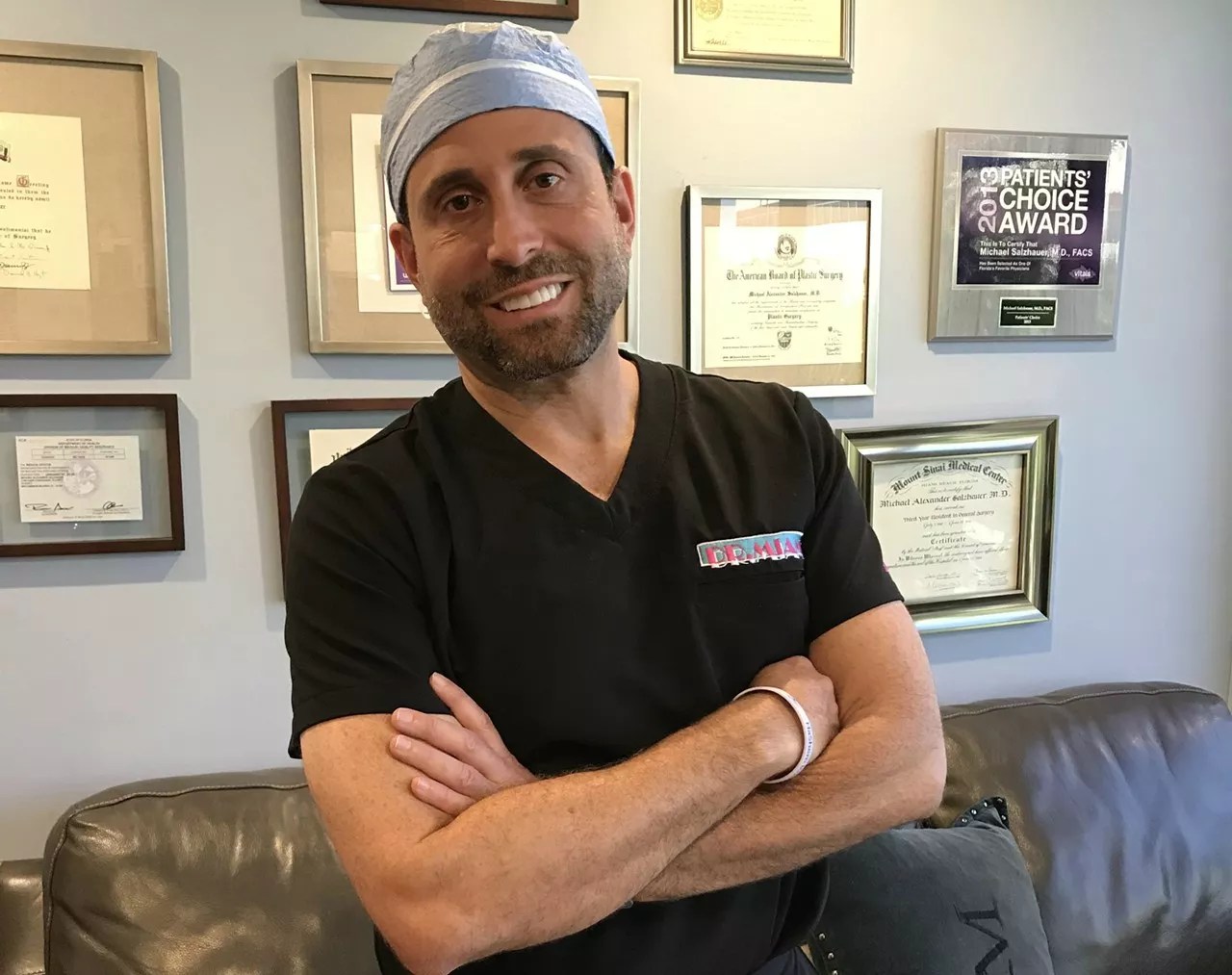
Dr. Michael Salzhauer, AKA Dr. Miami
Courtesy of Dr. Michael Salzhauer
Dr. Miami
Plastic surgeon/penile enhancer
I would triple the budget to the hospitals in Miami-Dade County and renovate the buildings to look like a Ritz-Carlton hotel. Then I would hire the management team from the Ritz-Carlton to improve customer service. Just because you’re poor shouldn’t mean you have to get medical care at a hospital that gets three stars on Google. A world-class city like Miami deserves the very best world-class public hospital system.
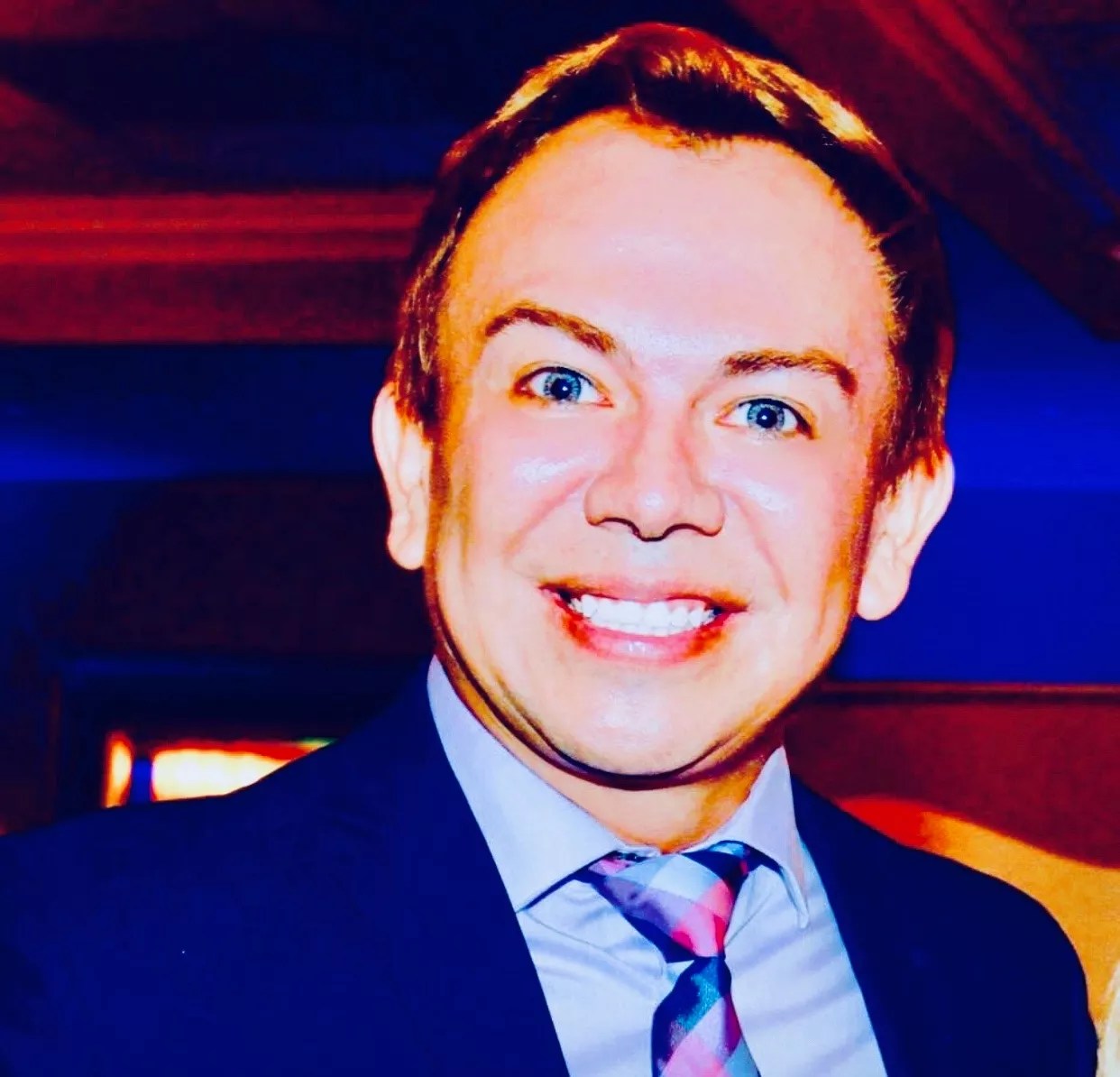
Francesco Duberli
Photo courtesy of Francesco Duberli
Francesco Duberli
Clinical psychologist; founder, Survivors’ Pathway
Miami-Dade County is highly affected by domestic violence, especially cases of women being murdered. This year, I hope to see a decrease in the number of deaths associated with domestic violence. Also, I would like to see more community engagement in creating consciousness about the negative impact this crime is having in our more vulnerable communities.
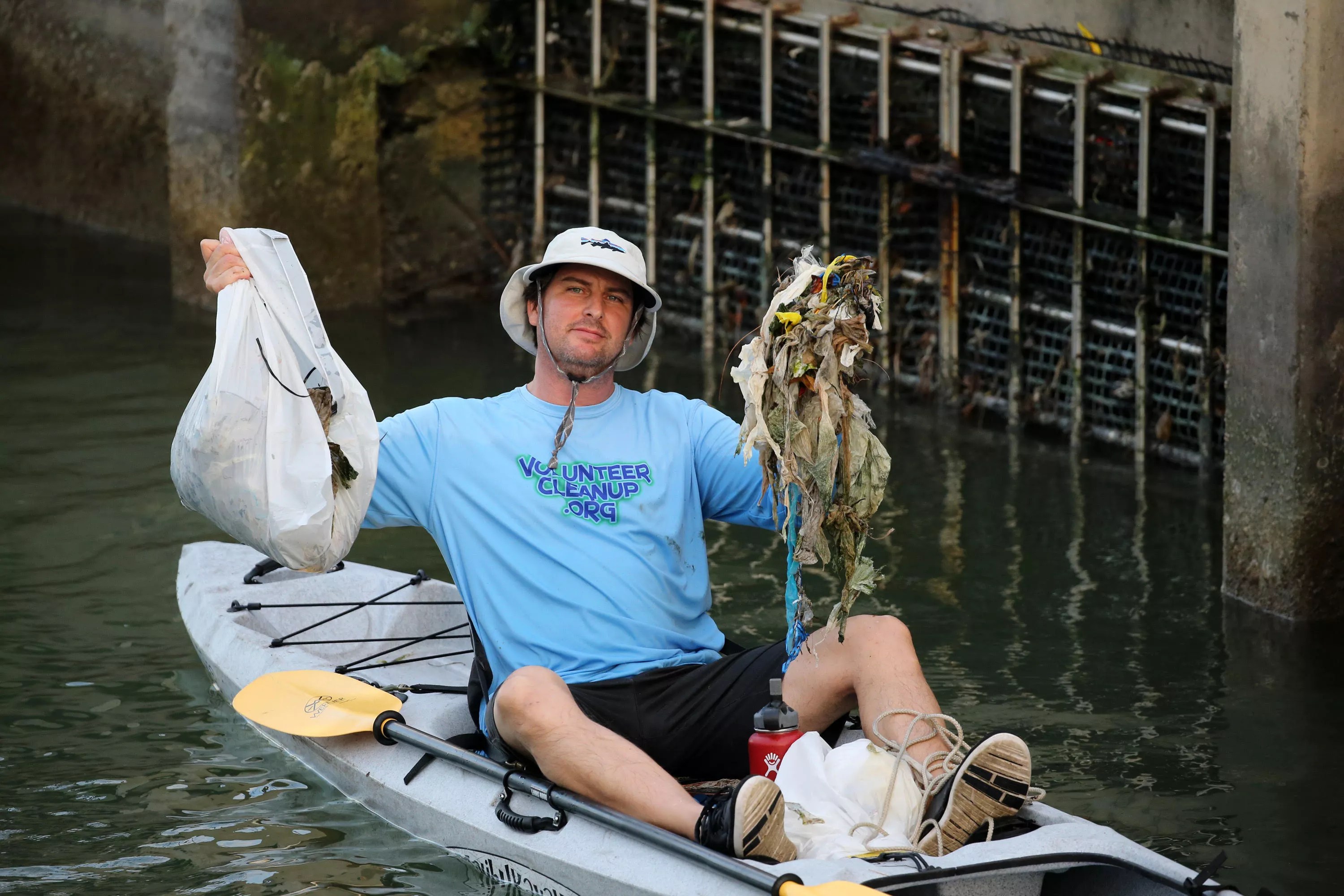
Dave Doebler
Photo by Logan Fazio
Dave Doebler
Cofounder, VolunteerCleanup.org
Pollution is killing Biscayne Bay, and there is very little time to save it. We are poisoning the bay with sewage-pipe breaks, septic tanks, nutrient pollution from storm-water runoff, fertilizers, plastic pollution, and other contaminants. The sources of the pollution are numerous, and there is no single solution. Fortunately, the county formed a task force to create an action plan to heal our bay. My wish for 2020 is for Miami-Dade County elected officials and staff to implement the recommendations of the task force, which will require community-wide collaboration, significant political will, and financial investment. Citizens need to demand action, lend support, and recognize their own contributions to the problem. This is our last shot to stabilize the ecosystem and set a path toward comprehensive recovery and permanent oversight.
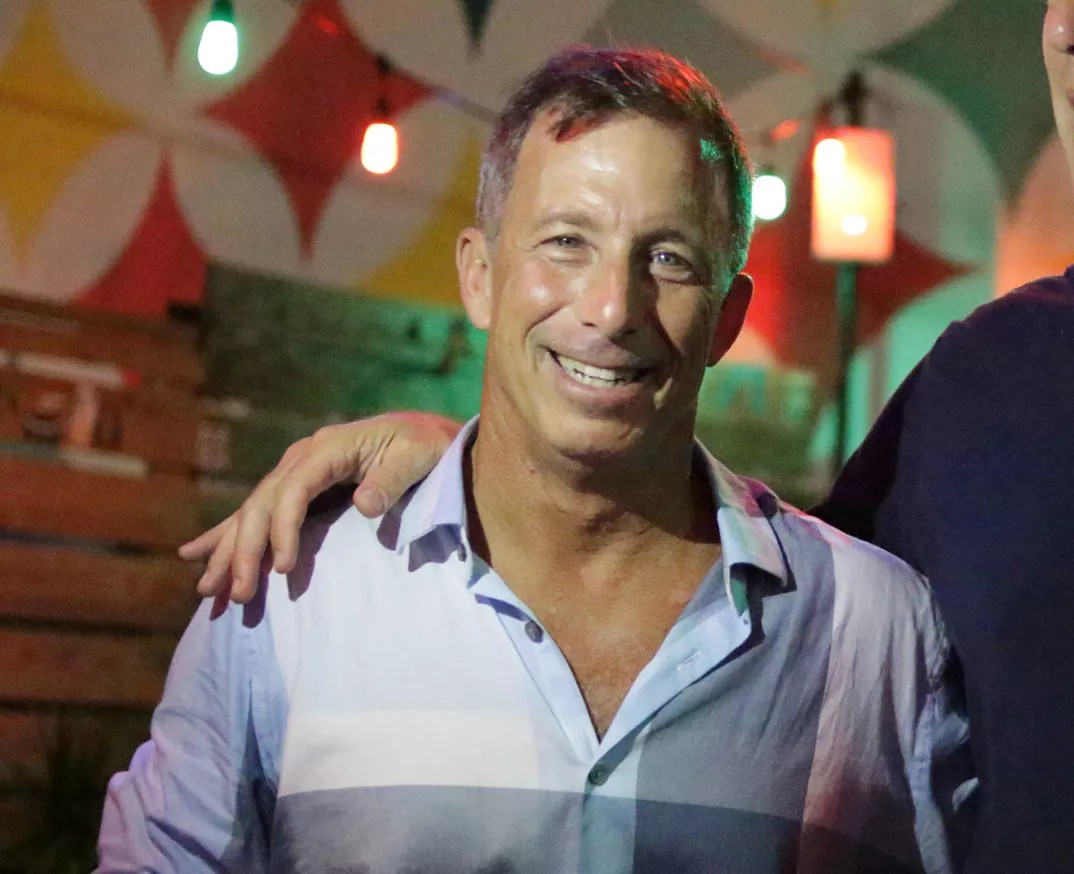
Chuck Strouse
Photo by Michael Campina
Chuck Strouse
Digital director, South Florida Media Network; former editor in chief, Miami New Times
If you value South Florida’s water, 2019 has been truly crappy. In Miami, about 1.5 million gallons of raw sewage poured into Biscayne Bay near NE 163rd Street when a pipe burst in August. In October, 35,000 gallons of treated water spilled from the aging sewage plant on Virginia Key. Both incidents caused the closure of beaches and fouled our most significant natural resource. In Broward, three miles of canals were filled with human excrement after a leak last January, causing significant deaths of sea life, including a manatee. In December, three successive leaks in Fort Lauderdale canals prompted the suspension of swimming and closure of parks. For years, aging pipes and infrastructure have threatened homes and the ecosystem. While attention has increasingly focused on global warming, this less trendy issue has been largely ignored. The Miami-Dade County Commission passed a vague set of goals in October that are unlikely to have much effect. In Fort Lauderdale, a $600 million update plan has similarly accomplished little. With the county mayor’s race heating up in Miami-Dade and six commission seats in Broward, it’s time for voters to demand a stop to this shit.

Maria Asuncion Bilbao
Photo courtesy of Maria Asuncion Bilbao
Maria Asuncion Bilbao
Community organizer, United We Dream
I’d like to see undocumented people in Florida have the opportunity to acquire a driver’s license. Late in 2019, two states – New Jersey and New York – had the vision of the benefits this would bring and managed to pass such a law. Expanding access to driver’s licenses to all Floridians and taking advantage of this new source of income would be positive for our state. This inclusive policy would prevent more families from being separated by a deportation machine that criminalizes them for profit. Allowing them to obtain driver’s licenses would make our roads safer and give undocumented immigrants the opportunity to support their families and continue contributing to the state and local economies.
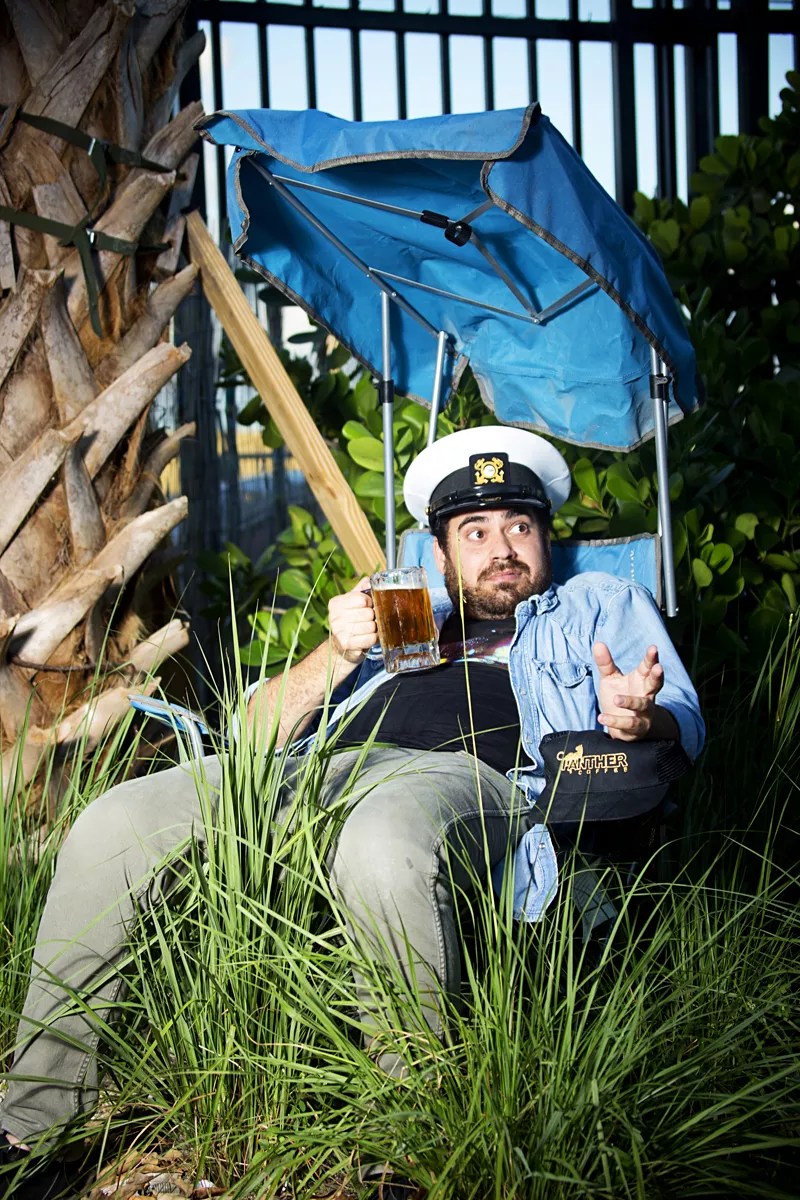
Photo by Stian Roenning
Adam Gersten
Proprietor, Gramps
A lot of really neat places and things that made Miami special have been erased forever, and that happened in the past decade at a more accelerated pace than the decade that preceded it. In light of that sad truth, I would improve the quality of the politicians and policymakers in our city who have their eyes on the wrong prizes – giving up too much of our past for an uncertain and poorly planned future. I’m all for growth and building, but if you sacrifice the excitement, charm, and humanity of all the culture of our city for a homogenized look and feel, what are you left with? Also, let’s make 2020 the year of park creation, park expansion, and waterfront access! Also, also: Detroit has a Robocop statue. We need a Dolfan Denny statue! Knock down Marlins Park, put up a 20-foot Dolfan Denny statue, and more people would watch the statue than would watch Marlins games.
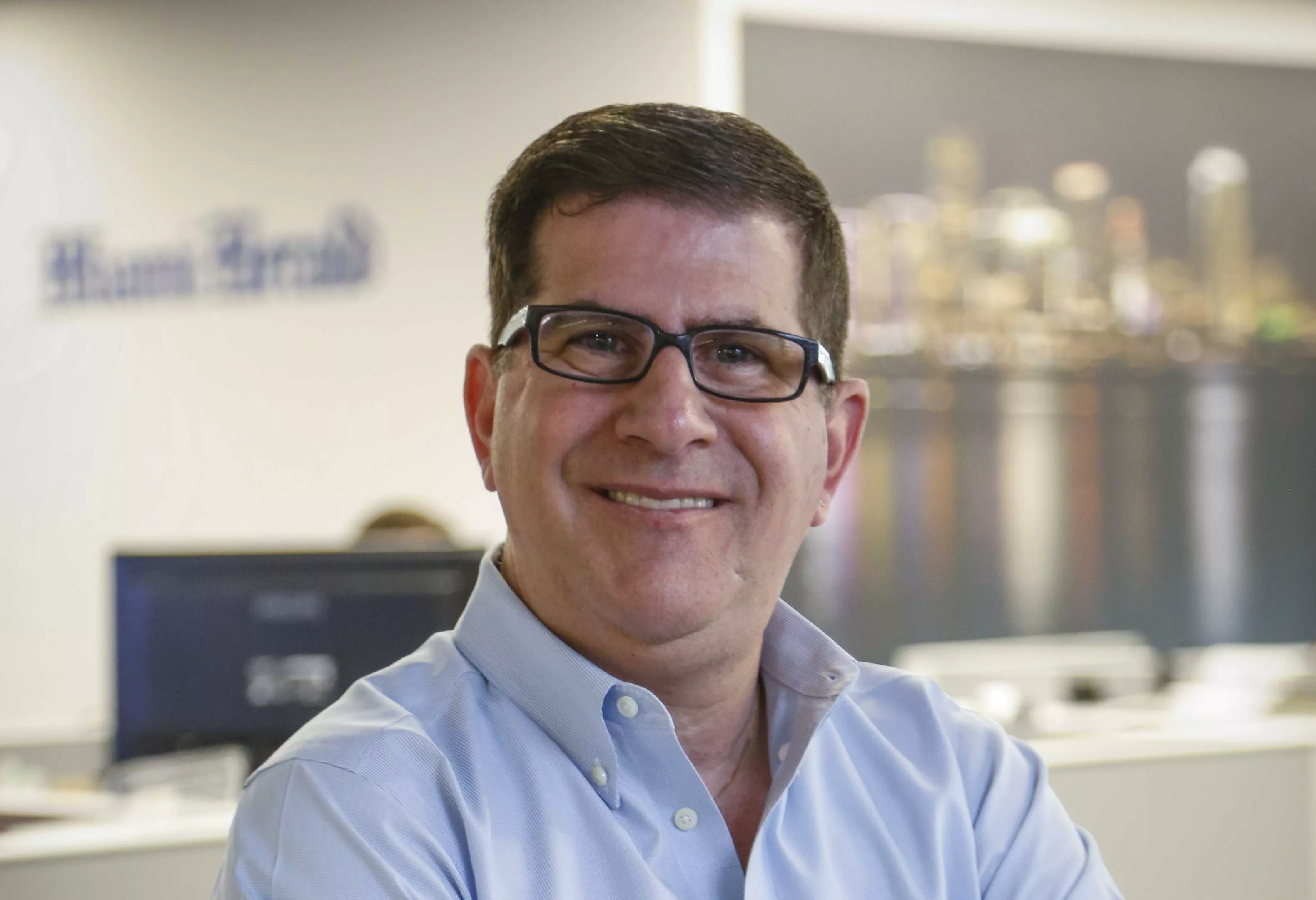
Steve Rothaus
Photo by Cristian Lazzari
Steve Rothaus
Former LGBTQ beat writer, Miami Herald
A Miami-Dade development moratorium must be imposed until state and local experts figure out how to upgrade infrastructure – including reliable transit, parks and green space, and the impact of sea rise – throughout Florida’s most populous county. When I arrived in Northeast Dade 46 years ago as a teenager, locals worried about condo towers starting to rise in coastal neighborhoods that had too few schools, sewers, and streetlights. In 1974, about 1.5 million people lived in Dade. Now, in a renewed era of high-rise and retail development, the county’s population has swelled by more than a million residents. Add millions more tourists who visit year-round, and our infrastructure and traffic woes are worse than ever. No more development until infrastructure catches up. Elected officials must stop granting variances and other approvals that enable rampant overbuilding. Developers should pay for the infrastructure upgrades. And let’s demand that our civic leaders provide a sound financial plan to keep our community above water – both figuratively and literally.
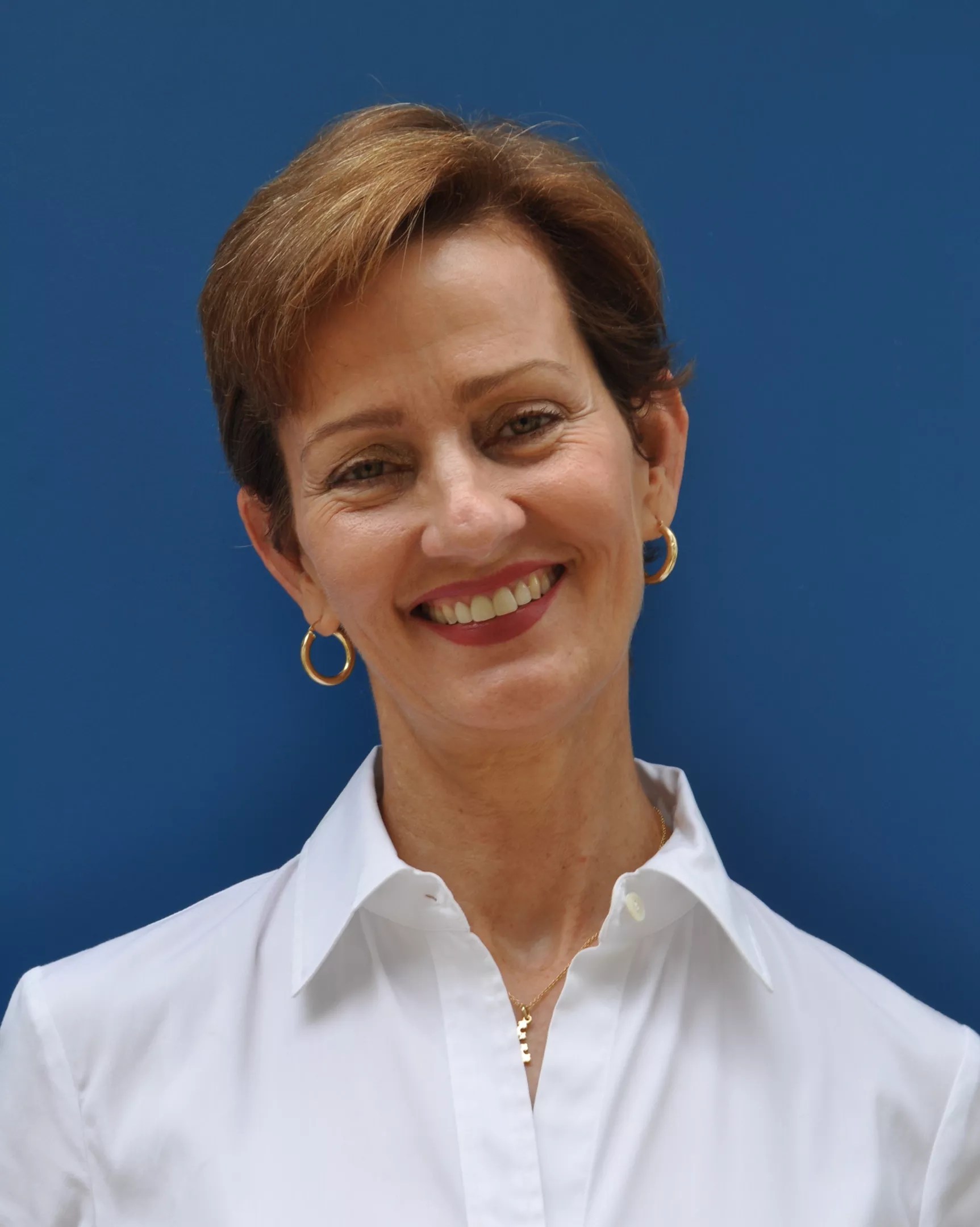
Meg Daly
Photo courtesy of Meg Daly
Meg Daly
President and CEO, Friends of the Underline
Miami-Dade County’s “Parks and Open Space Master Plan” addresses how connectivity of trails, parks, waterways, public spaces, and greenways will make our community more resilient, sustainable, and healthy. This plan was finalized more than a decade ago. Without a dedicated funding source to implement this expansive vision, multimodal connectivity and flourishing green spaces simply won’t happen. The transportation department’s SMART Plan has also been in place for years. We complain daily about the lack of mass transit and bemoan the gridlock that negatively affects our quality of life and economy. Yet we don’t mobilize to provide a funding source that will support the massive price tag of delivering countywide mass transit. Great cities have great parks and communitywide transportation for all. We cannot wait any longer for someone else to find a way to fund, implement, and maintain these cornerstone initiatives. We must invest today, or future generations will bear the burden of our inertia.
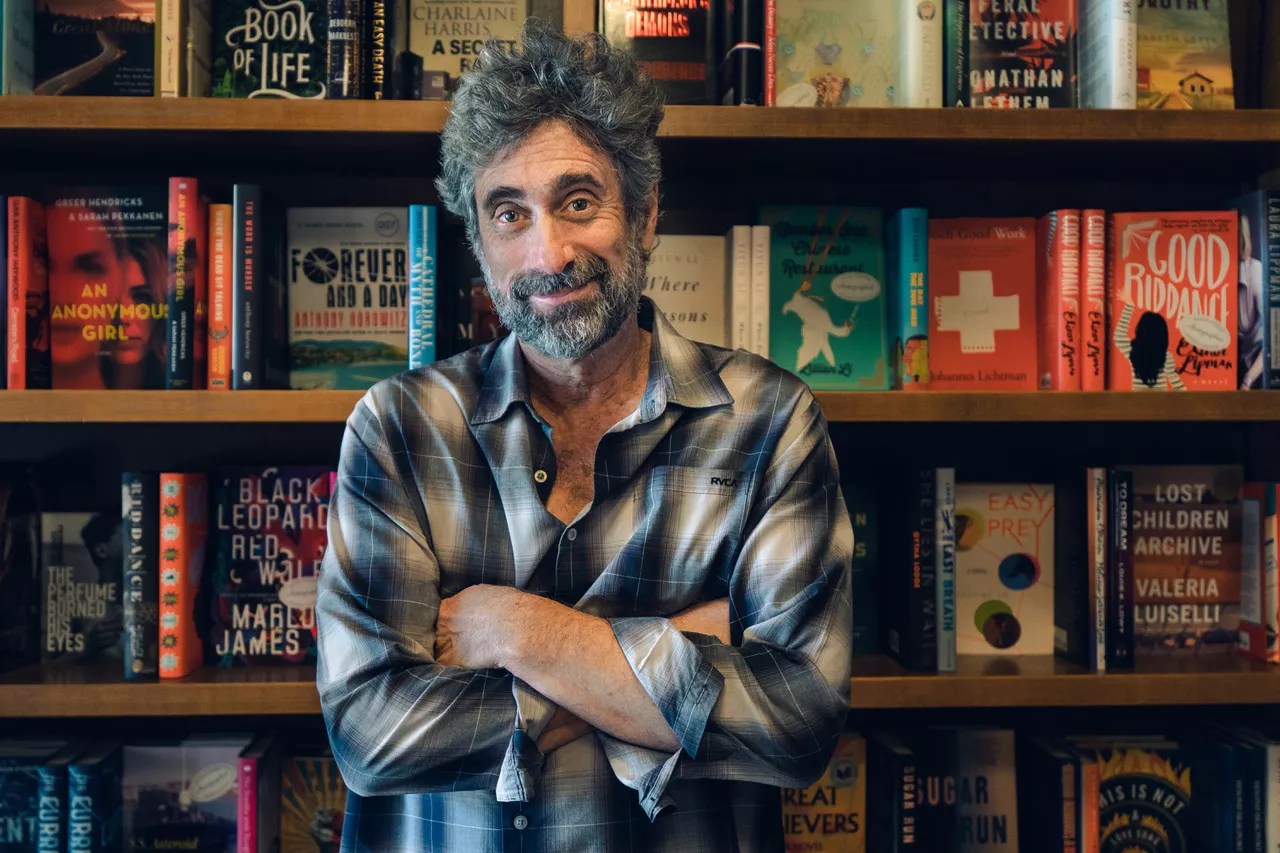
Mitchell Kaplan
Photo courtesy of Mitchell Kaplan
Mitchell Kaplan
Proprietor, Books & Books; film producer
Let’s figure out a way to develop neighborhoods without making them untenable for small businesses to be included and without forcing out those who live there. Diversity needs to be contemplated when development is proposed. Is workforce housing provided? Are businesses that serve community needs encouraged? No more turning streets into regional malls without roofs. No more urban removal of local residents in favor of what’s considered upscale. Neighborhoods that are diverse make Miami stronger. Let’s look to other cities’ successes to make this happen. Many give subsidies to landlords who rent to small businesses and to developers who keep rents affordable. Low-interest loans allow people to buy their house or apartment before development kicks in. The designation of heritage businesses as landmarks allows some cities to reward landowners who don’t let these businesses disappear. None of this is easy, but the obvious rewards make it imperative to give it a try.

Johnathan Wakefield
Photo by Rocco Riggio/MediaNow
Johnathan Wakefield
Proprietor and brewmaster, J. Wakefield Brewing
I would pump the brakes on gentrification. When I came to the Wynwood “Arts District” six years ago to follow my dream, I could never have imagined the rapid changes that have taken place in such a short period of time. The Wynwood I fell in love with is almost gone. When we started the buildout of the brewery, there were ten art galleries on our street. Now there are none. Our street-artist friends tell us they are working more outside of Wynwood than in. I’m afraid that soon Wynwood will become all franchises and high-rises, and businesses like ours will be gone. I respect the rights of developers and landlords to make money, but once a neighborhood is stripped of its character, it’s only a matter of time before it will die. We need a new sort of activism to save the character of our neighborhoods and preserve the things that made them viable in the first place – a sustainable kind of growth that allows developers, landlords, business owners, and residents to reap the benefits without scorching the earth.